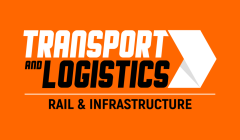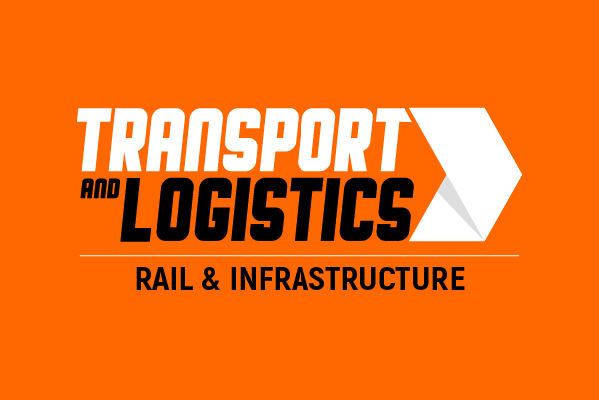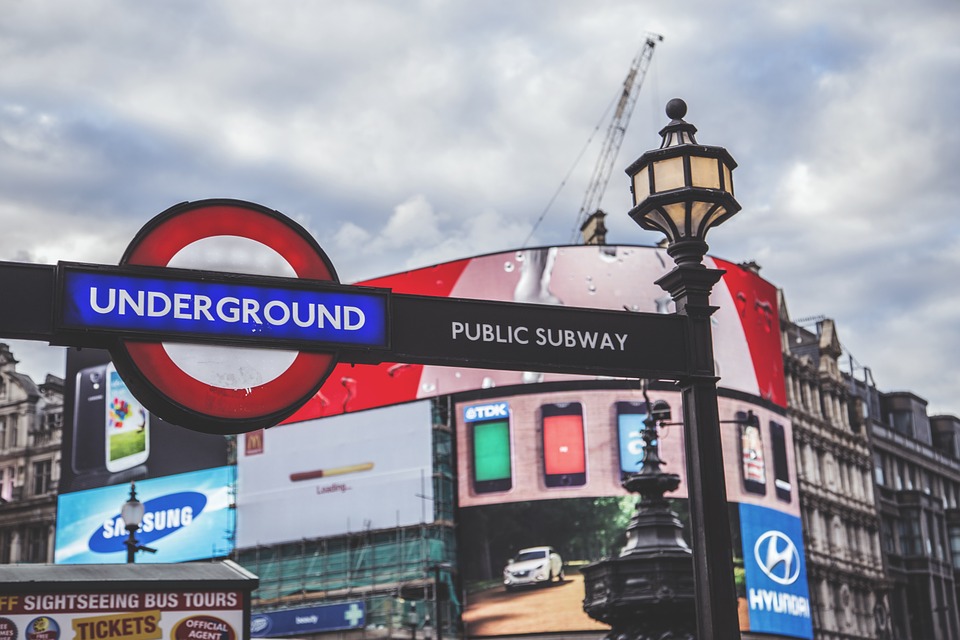Concerns have been raised by Transport for London (TFL) over potential millions that could be lost in advertising revenue.
As of February 2019, any beverage or food classified as `Junk`, will no longer be able to advertise on any form of public transport in the area. Inclusive of train, tram, bus services and the London Underground.
The plans have been unveiled by London’s Mayor, Sadiq Khan, to avoid people feeling temptation towards unhealthy produce. The vast majority of sugary drinks, burgers, pizzas, chocolate bars, sweets, nuts and crisps will no longer be able to be illustrated anywhere across the London Transport Network.
Fast food chains such as Mcdonalds and KFC will still be allowed to advertise – but only if the representations showcase healthy promotions, such as fruit snacks (raisins) and sugar-free pop.
Generic branding will also be banned. Meaning the advertiser cannot simply promote a logo, leaving no room for loopholes and subliminal messaging of unhealthy eating.
The decision has been criticised by members of the advertising industry, who have openly suggested that the TFL are likely to lose out on tens of thousands, if not millions of pounds in revenue, at a time when the transport system is already facing financial hardship.
Advertising undoubtedly plays a huge role in the choices we as consumers make, and the majority of Londoners have not raised concern over the change in advertisement legislation, believing it will promote a healthy overall lifestyle to the city.
Public Health Figures revealed that over 37% of 10 & 11-year-olds in London were overweight, if not obese. Which has lead Mayor Khan to take the first step in positive action to tackle such high ratings.
The TFL is already facing a tight funding squeeze, so the decision to drop some of its most highly paying advertisers could not have come at a worse time for the transport sector. Adverts for fatty foods and Junk-food brands can rack up revenues of £35 million a year, which could prove difficult to find through other means.
Major Khan has tried to convince the TFL that advertisers will still pay, it is just the mere promotion of them that will be different, as the content will have to comply with the health standards London is wanting to demonstrate.
The TFL do not seem yet convinced, especially as there is no hard evidence that changing/banning certain advertisement aids childhood obesity numbers.
The transport sector is not the only one feeling the squeeze from fast food bannings, as the British TV industry has already faced growing calls for restrictions on how often it can advertise unhealthy produce. Cutting the industry budget by approximately £200 million a year. Certain foods have even been proposed, by health chef fanatic Jamie Oliver, to be given watersheds, similar to violence and cursing.
Within a few short months, the London Underground, and in fact it’s whole transportation system, is set to look very different. Let’s hope brands are still able to find a way to promote themselves, and aid the funding of the much-needed network links across the city.
Transport & Logistics – Driving the Industry Forward
At Transport & Logistics Magazine we pride ourselves in our ability to keep you informed. As such, the latest three issues of Transport & Logistics Magazine are available for you to view, free of charge, for a limited period. Should you wish to view an older issue of the magazine, or secure permanent digital copy in PDF format then please see our Archive to procure the digital copies of other issues of Transport & Logistics Magazine.












